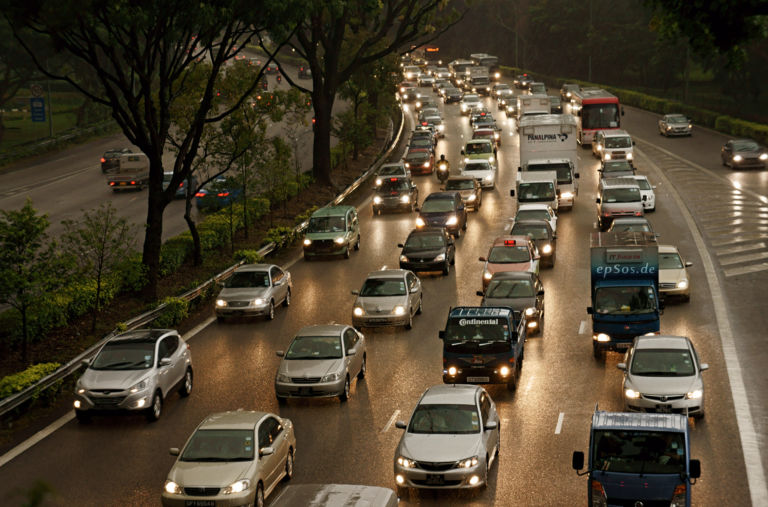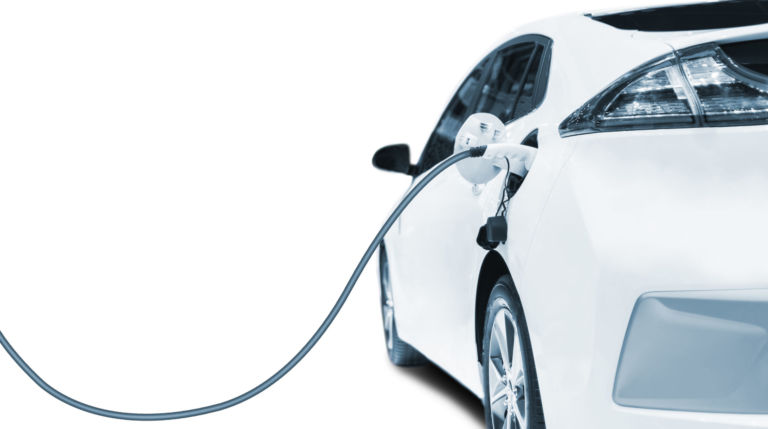Editors of Issues and Insights probe the links between a misguided environmental cause and an odious political ideology.
Environmentalists, it’s been said, are like watermelons – green on the outside, red on the inside. The term has been around for some time, but it’s just as true as it ever was. Environmentalism has far too much in common with communism. In fact, the parts are so interchangeable that it can be hard to tell the difference.
We are reminded of this by the “degrowth” movement. In the words of some of its adherents, degrowth prioritizes “social and ecological well-being instead of corporate profits, over-production and excess consumption. This requires radical redistribution, reduction in the material size of the global economy, and a shift in common values towards care, solidarity and autonomy.”
In other words, economic growth has to be reversed to save the planet. Poverty, then, is not only locked in, since the economic pie cannot grow larger, it also begins to spread, dragging those who had escaped it back into its grasp.
Kohei Saito, an associate professor at Tokyo University, makes the case for strangling economies in his new book “Marx in the Anthropocene: Towards the Idea of Degrowth Communism,” which has brought him a fair amount of attention. Maybe he should next consult with the staff of Democratic Rep. Alexandria Ocasio-Cortez of New York, who introduced the New Green Deal, not as an environmental protection policy but rather as a “How-do-you-change-the-entire-economy thing.” It would be a fitting match, maybe even become a contest of who could produce the most deranged thinking.
We should all be thankful Ocasio-Cortez’s legislation didn’t become law. But of course that failure was not the end of Marxism or communism disguised as a clean-up-the-world “thing.” Saito, considered “something of a Marxist celebrity,” the leftist Guardian newspaper tells us, has made that clear.


